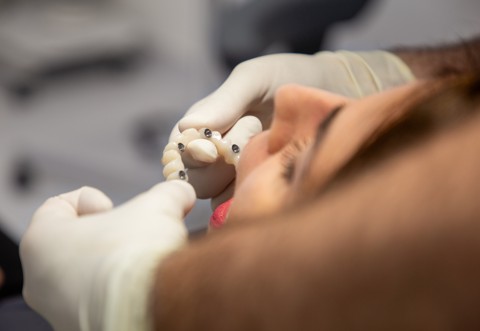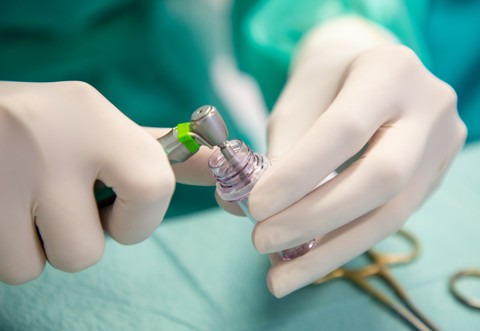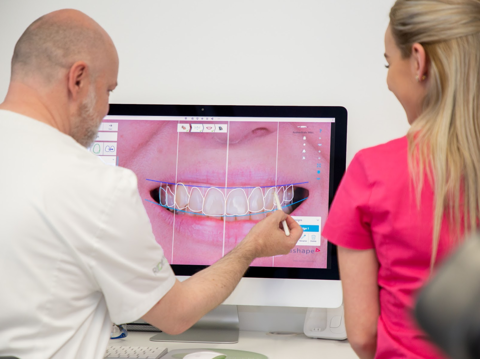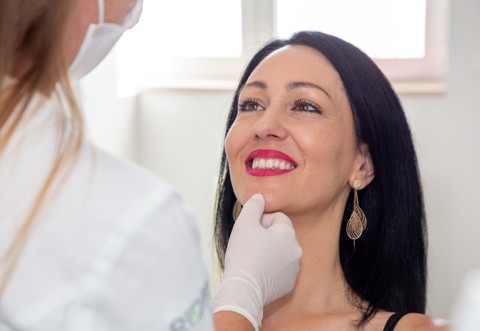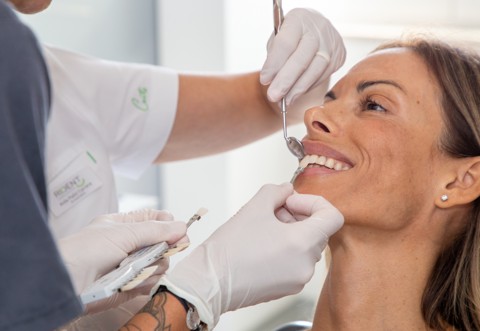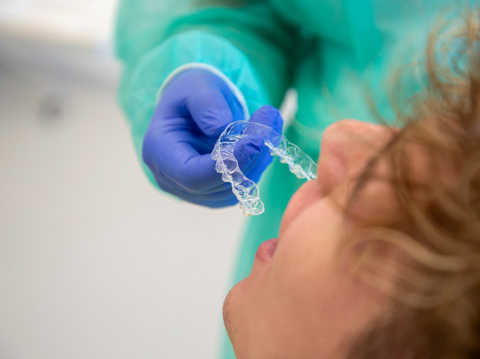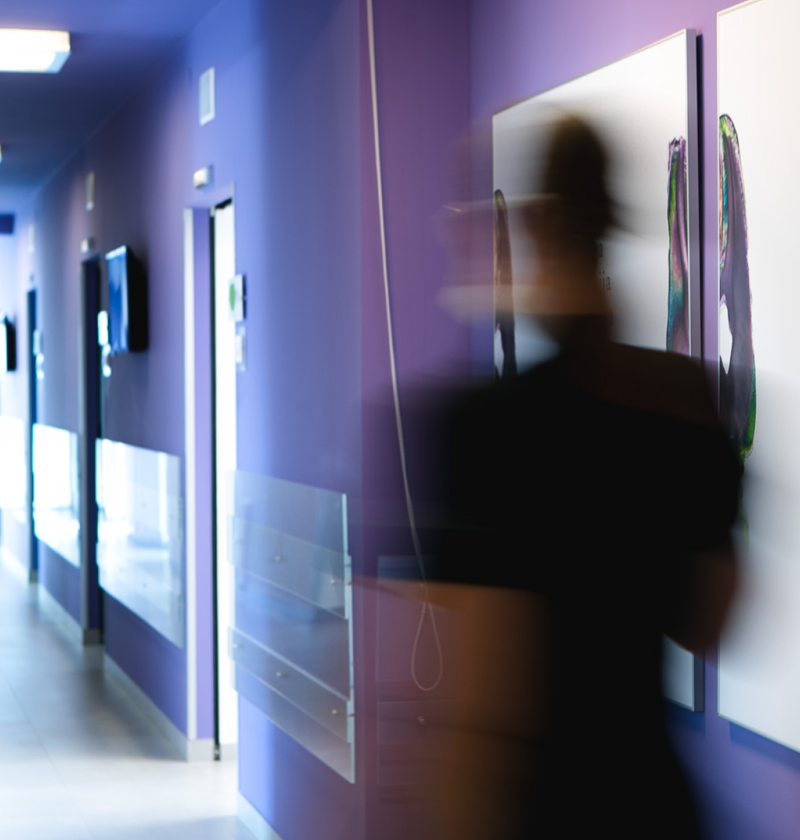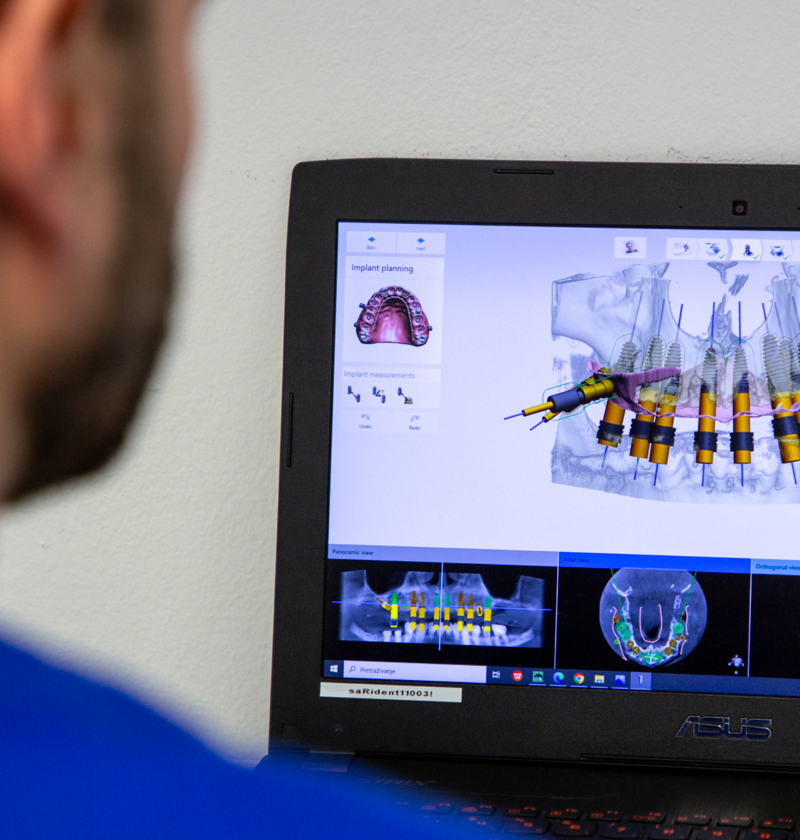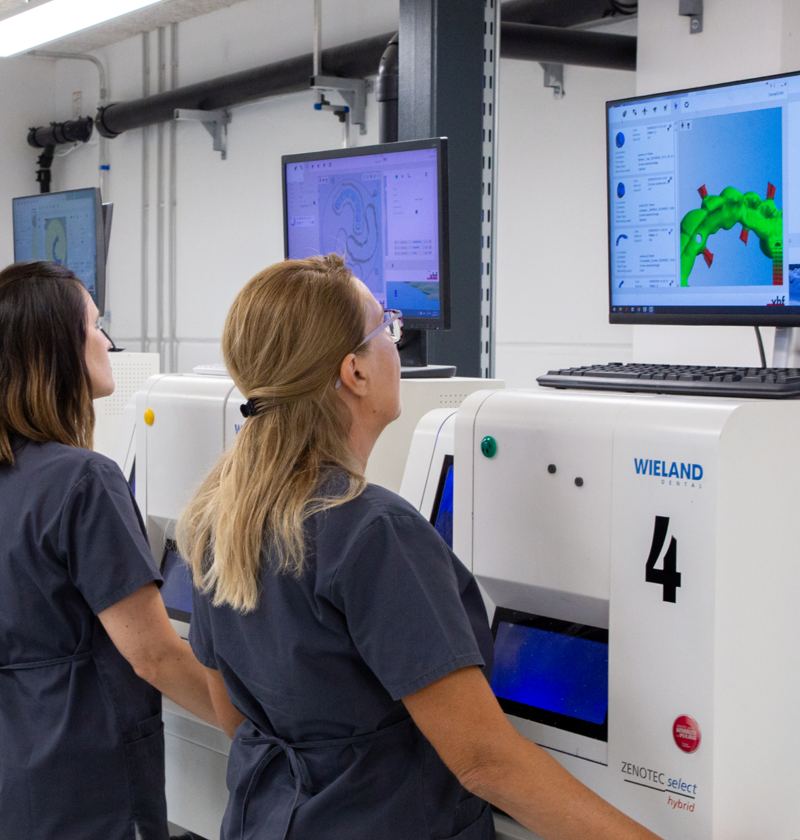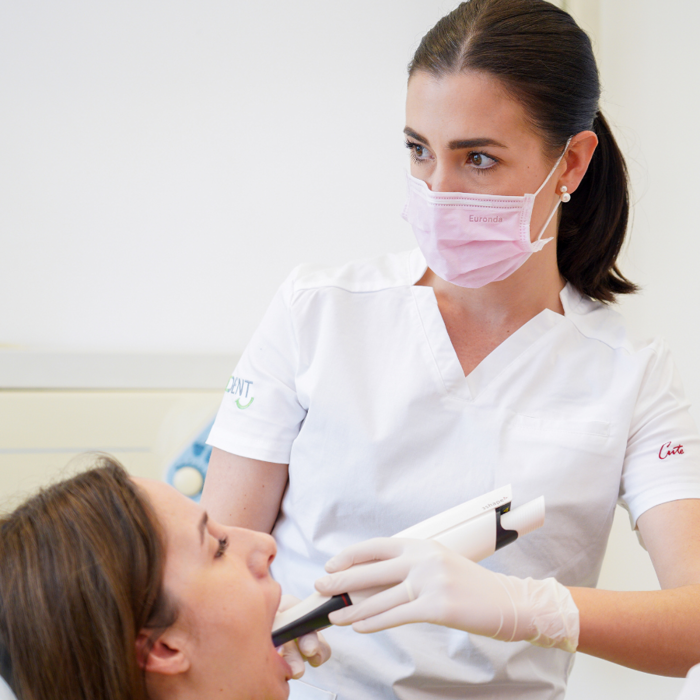Rident brings back the smile
Rident in numbers
years of work
dental assistants
dental offices
dental technicians
medical radiology engineers
dentists
patients per year
How can we help you?
Tell us what dental problem you have and we will find the best solution for you.
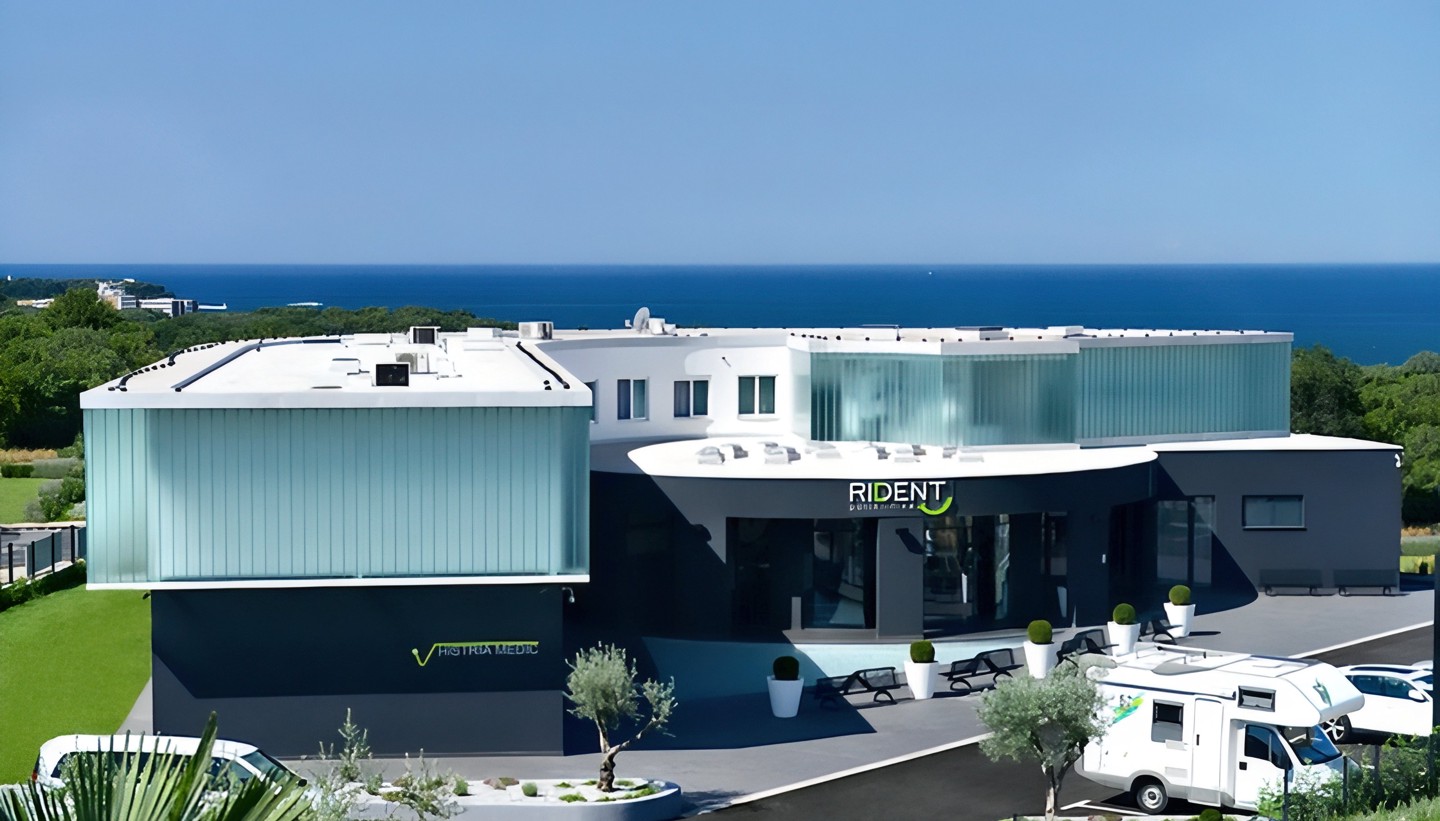
Why choose Rident?
An interdisciplinary team that brings back the smile!
Thanks to numerous satisfied patients over the past two decades, Polyclinic Rident has become the largest dental clinic in the region. We operate in two locations, in Rijeka and Poreč. We are especially proud that the group includes the Ridental dental laboratory, where dental technicians, in cooperation with our specialists, create high-quality, aesthetically and functionally superior prosthetic works.
![Doktorica u plavoj kuti hoda hodnikom najveće dentalne poliklinike u Rijeci, u moderno uređenom i svijetlom prostoru.]()
Our foremost aim is patient safety and satisfaction, and the entire system is organized in such a way that the patient at all times understands his/her therapy and the services provided. We also work on Saturdays, so appointment times can easily be adapted to the needs and travel of patients who come to Rident. Our employees are fluent in foreign languages, which, in addition to excellent transport links and accessibility, allows patients to easily reach us and communicate.
![Djelatnica na recepciji srdačno razgovara s pacijentom i smije se, stvarajući ugodnu i opuštenu atmosferu pri dolasku u kliniku.]()
Rident offers a full range of dental services, from routine exams to complex surgeries, all in one place. Our interdisciplinary team of experts works closely together every day to provide personalized, superior care, tailored to each patient's needs.
![Doktor sjedi za računalom i uz pomoć vodeće dentalne tehnologije analizira sken čeljusti za precizno planiranje terapije.]()
By investing in the latest digital technologies, from 3D imaging to computer-aided design and manufacturing (CAD/CAM), we ensure the most accurate diagnosis and precisely tailored therapy in modern dental medicine.
![Dentalni tehničari u laboratoriju izrađuju protetske radove koristeći suvremene uređaje, kao dio stručnog multidisciplinarnog tima.]()
Rident Polyclinic provides superior quality dental services at competitive prices, ensuring the availability of excellent care without compromising the quality of treatment.
![Doktorica sjedi za radnim stolom, nasmiješena gleda u kameru, a ispred nje se nalazi uređaj za RD skeniranje zuba.]()
What others say
Special offers






